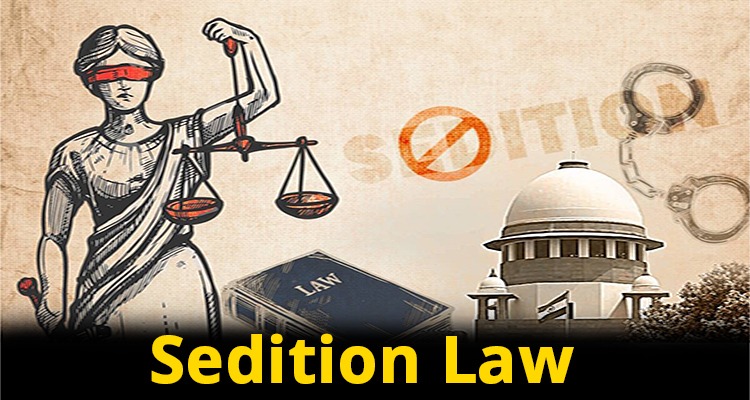
The Supreme Court on Wednesday said it will hear in January a batch of pleas challenging the constitutional validity of the sedition provision in the Indian Penal Code (IPC) in January.
This comes several months after the Centre introduced bills in Parliament aimed at replacing colonial-era penal statutes, including the proposal to repeal the sedition law.
CJI D Y Chandrachud stated that he would constitute an appropriate bench to address the matter. Advocates Prasanna S and Pooja Dhar were appointed as nodal counsel to facilitate the compilation of case laws and other statutory material before the hearing.
The apex court had previously rejected the Centre’s request to defer the reference of the petitions to a larger bench, citing ongoing parliamentary processes for “re-enacting” IPC provisions and the presentation of a bill before a standing committee.
The court emphasized that even if the proposed bill, which includes the repeal of the sedition law and the introduction of a new provision with a broader definition of the offense, becomes law, it cannot be applied retrospectively.
The court noted that Section 124A (sedition) of the IPC remains in the statute book, and any new law in the penal statute is presumed to have prospective rather than retrospective effect. It recalled the 1962 judgment in Kedar Nath Singh versus State of Bihar, where the constitutional validity of Section 124A was upheld, affirming its compatibility with Article 19(1)(a) of the Constitution, relating to the right to freedom of speech and expression.
The court highlighted that the challenge in the 1962 decision was limited to Article 19(1)(a) and did not include Article 14 (equality before law) of the Constitution. The court recommended that the three-judge bench direct the papers to the Chief Justice for the pleas to be heard by a bench of at least five judges, considering the 1962 decision was made by a constitution bench.
In a significant development on August 11, the Centre introduced three bills in the Lok Sabha to replace the IPC, CrPC, and the Indian Evidence Act, proposing the repeal of the sedition law and the introduction of a new provision with a broader definition of the offense. The top court had previously suspended the sedition law on May 11 last year, directing an “appropriate” government forum to re-examine it and instructing the Centre and states not to register any new FIR invoking the provision.
The sedition law, incorporated into the penal code in 1890, provides for a maximum life imprisonment term under Section 124A of the IPC for creating “disaffection towards the government,” pre-dating Independence by 57 years and the IPC by almost 30 years.




